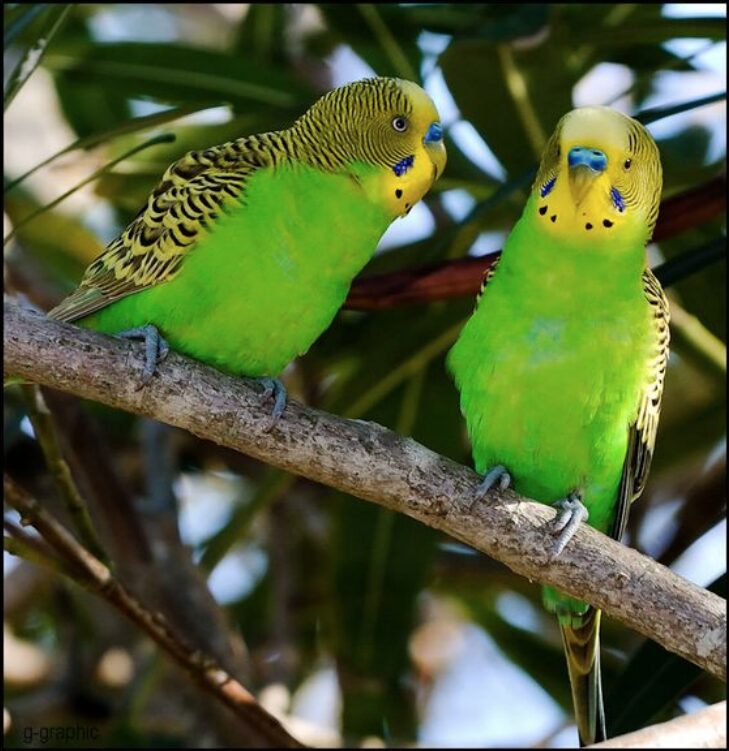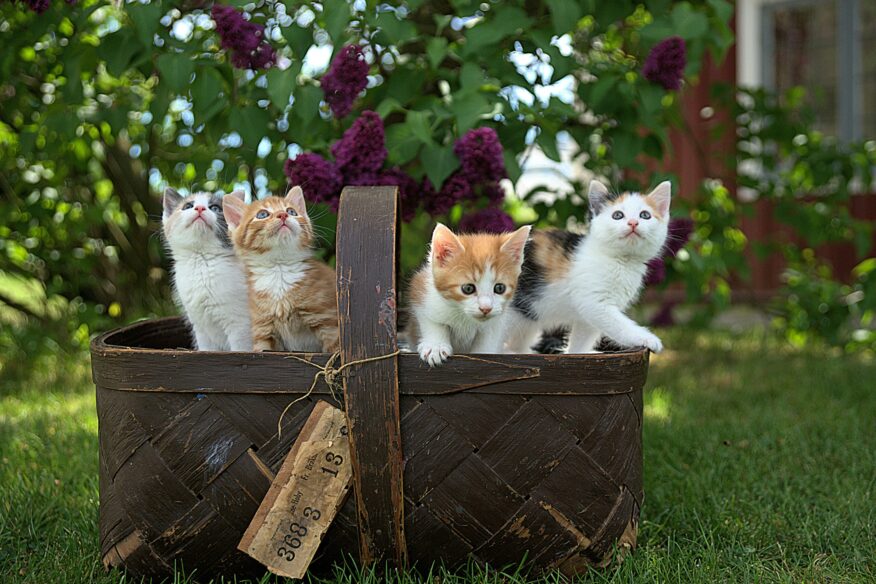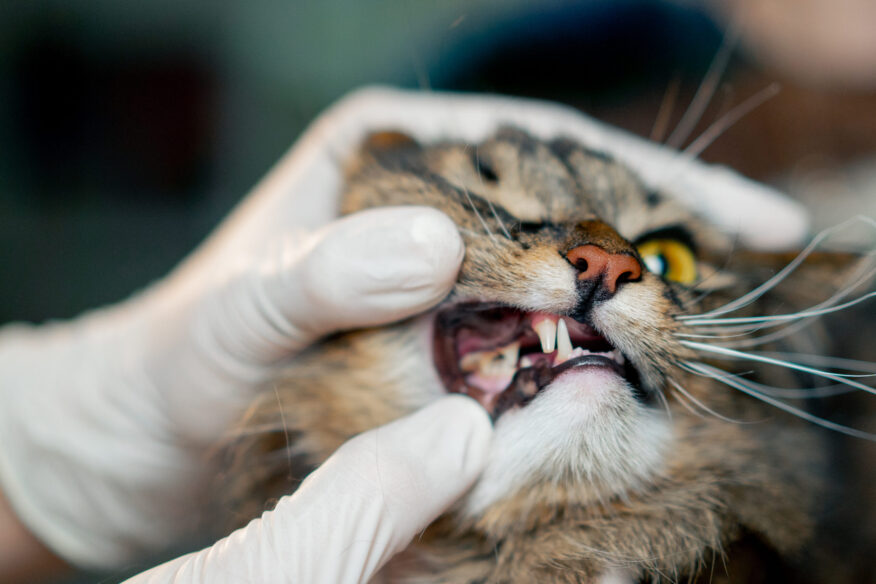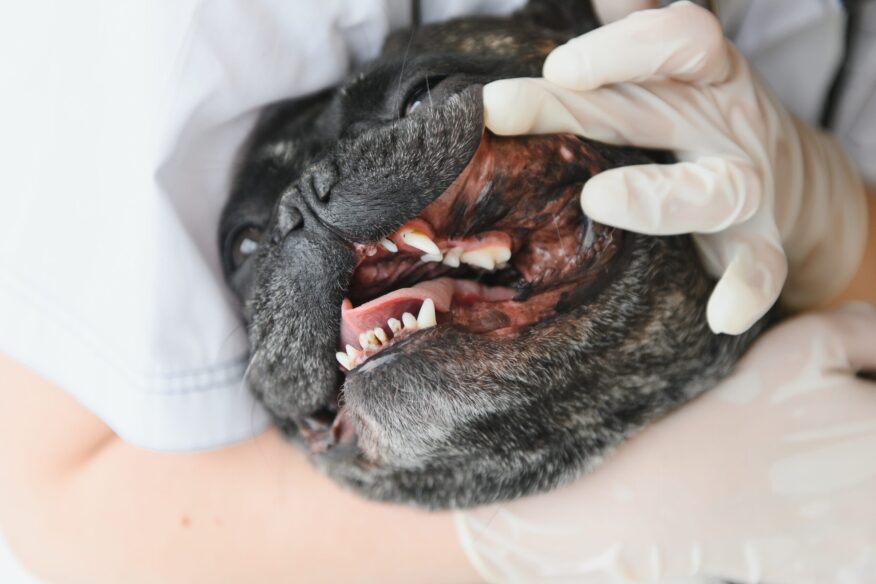
What types of food should I offer my bird?
- To keep your bird healthy, she will need a daily mix of high quality bird seeds, pellets and fresh plant material. Seeds should make up less than 30% of a bird’s diet as seeds do not contain calcium or many vitamins. Furthermore, they are uncommonly found in the wild and have deficiencies which weaken the immune system and make your pet more prone to infections.
- You can teach your bird to eat pellets which can make up 25% of the diet. Pellets can provide some balanced nutrition through a blend of grains, seeds, vegetables, fruits, protein and vitamins which prevents birds from picking out their favourite food and ignoring the rest. However, never feed only pellets as none of them are COMPLETELY balanced for your bird’s needs and some can contain too much calcium which may cause kidney damage if fed exclusively.
- The remainder of her diet should contain greens, orange vegetables and herbs such as spinach, broccoli, pears, kale, oranges, parsley, mint, peas, pumpkin, carrots and beans. These should be gradually introduced into your bird’s diet and always make sure that beforehand, the specific fruits and veggies you feed your bird are indeed a hundred percent appropriate and safe for them. Try to ensure variety of these fruits and always ensure that the old food is removed before adding fresh new ones.
What should I do if my bird is a picky eater?
- If your bird won’t try the pellets or fresh foods, remove the seeds! Seeds are the tastiest compared to other food (because they are VERY high in fat). Take them out in the morning, replace with pellets and fresh foods for a few hours then replace seed in afternoon. Repeat process daily and slowly increase the time frame where there are no seeds in the cage. Do not remove the seeds completely or abruptly as your bird may become ill. Eventually some birds (fat ones!) only have access to seed for 30-60 minutes morning and night.
- If your bird won’t try pellets, you can also try moistening and crushing the pellets and mix with seeds so they will taste the pellets when eating the seeds and get accustomed to the taste. You can also try mixing the crushed pellets with their favourite fruit and slowly introduce it into their diet.
What else should I take note of in terms of his diet?
- Fresh, clean water should be provided daily in clean bowls kept up high to avoid contamination with droppings.
- Provide calcium and mineral source such as grit, cuttlebone, a calcium bell or chalk stick for a balanced diet as it serves as extra supplement and encourages good beak health. Breeding birds may also need a calcium syrup daily.
- If you have any more concerns regarding your bird’s diet, please do not hesitate to contact us at Summer Hill Village Vet on 9797 2555.




